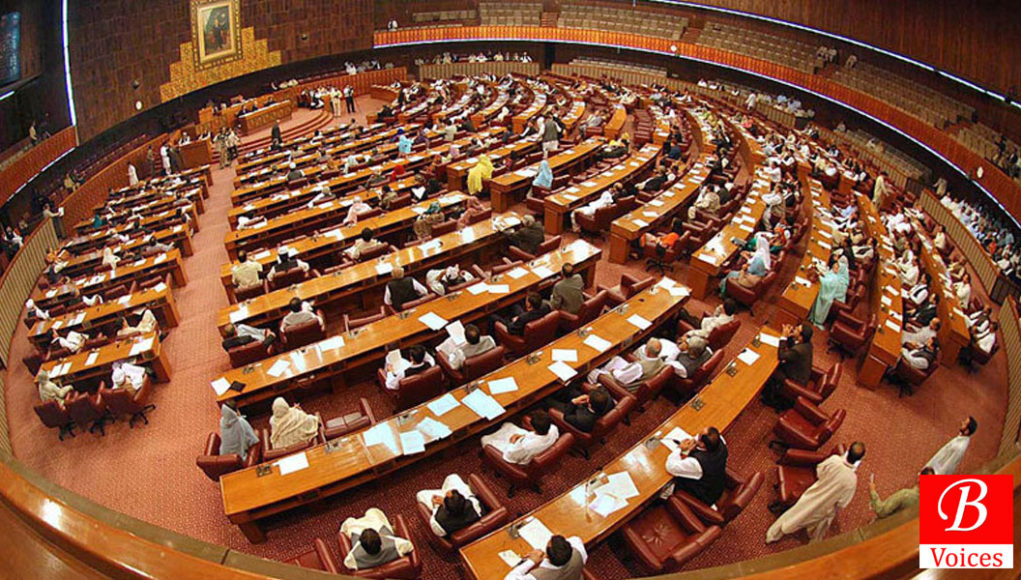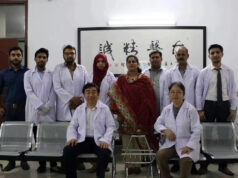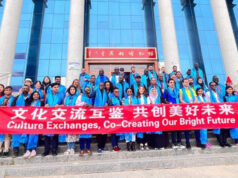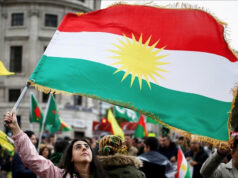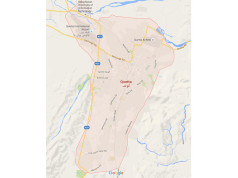 M Arslan Rajpar
M Arslan Rajpar
The road to democracy has been rough ever since Pakistan became a reality. The newly born country came under the influence of colonial democracy. The early leadership of the country intended an authoritarian political system due to security reasons. To this end, they resorted to several authoritarian measures in pursuit of strengthening the nascent state, which, as an unintended consequence, fostered an undemocratic culture in the land of the pure. The dissolution of an elected government of NWFP (now Khyber Pakhtunkhwa) on August 22, 1947, embodies a graphic illustration for it.
Pakistan had initially started to invest more on acquiring military hardware than on other social domains because of fear from hostile India. Consequently, this led to an imbalance of budget allocation between military and other areas of development, adding further to the country’s democratic deficit.
Spurts of rough civil-military equilibrium, the uneasy dynamic between spiritual and temporal entities, coupled with right-wing religious radicalism, have all worked to undermine the spirit of democracy in Pakistan. On the other hand, an inveterate penchant for ruling with a high hand on part of the political elite, rampant corruption and mushrooming socio-economic inequality have only made matters worse insofar as democracy is concerned.
In this milieu, it becomes plausible to contend that these factors have had an alarmingly adverse impact on the evolution of democracy in Pakistan, undercutting democratic values and norms and diminishing any prospects for coexistence and pluralism. As a corollary, such a state of affairs incubates an ambiance of despair and collective disenchantment for the minority orders of the society.
Interestingly, the history of the past decades of democratic stints also reveals that Pakistan could not evolve a constructive political culture. More often than not, the political process has, almost by definition, remained steeped in malicious practices. For instance, leg-pulling, horse-trading, wicked opposition and political tricks of comparable ilk have become a norm. Opposition plays an important role in any democratic governance. It operates as a check on the activities of the political executive and ensures, by way of positive criticism, that power is not misused. In Pakistan, however, the role of opposition has often been a cause of gloom. It always attempts to create hurdles even in the way of constructive policies of the ruling party, much less playing any positive democratic role.
Over and above, one of the principal factors as to why democracy failed to strike roots in the country has been the military’s insatiable thirst for wielding political power. The security-centric approach of the policy-making elite, relative weakness of the civilian institutions compared to that of the military, coupled with a lack of strong political leadership, invariably set the scene for praetorians in Pakistan. Importantly, the military’s overweening influence in the defense and foreign policy spheres ever so often gave it an additional impetus to impinge on the political landscape.
Even so, deep political divisions, worsening institutional imbalance and undemocratic and corrupt practices of the elected politicians paved the way for military takeovers, to say the least.
Besides spells of direct rule, the extra-parliamentary forces have, in the usual run of things, operating behind the scenes during tenures of democratically elected dispensations. The political and intellectual circles alike claim that the July 2018 elections, which installed Imran Khan’s PTI into power, have been (pre-poll) rigged by the omnipotent establishment of the country to safeguard its vested interests.
On the flip side, the arrival of the PTI on the national horizon also represents a break with the dynastic politics of the past, alternating between the PPP and the PML’N. Nonetheless, Imran Khan’s election strategy of wooing the ‘electables’ to launch into the power corridors and his decision to inject former dictator Pervez Musharraf era’s political turncoats into his cabinet, are more in line with a continuity with the past than with the rhetorical flourish of ‘change’ he claims to embody.
Be that as it may, the institutional imbalance between the military and the civilian establishment currently is not that stark. Thanks, in part, to the evolving structural realities, it is increasingly difficult for the former to topple the latter with the relative ease it would do in the past. The supreme judiciary has also risen as a separate pivot of power, not essentially in favor of the democracy, but still, it comes as a break with its function of wrapping itself around the superior military command’s little finger. The unholy partnership between the army and the judiciary has, to a substantial measure, accounted for the downslide of democracy in Pakistan for an extended stretch of its checkered 72 years history.
On a positive note, the third regular democratic transition in the wake of 2018 elections, characterizes Pakistan’s forward march on the path to democracy. Nonetheless, electoral democracy, based on the rule of the majority, needs to be supplemented with substantial components of liberal and consociational democracy, undergirded by the political tolerance and the consent of the minority. Only then can Pakistan experience the essence of a true democracy.
The writer is a graduate from the Department of Philosophy, Government College University, Lahore.
Disclaimer: Views expressed in this article are those of the author and Balochistan Voices not necessarily agrees with them.
Share your comments!


